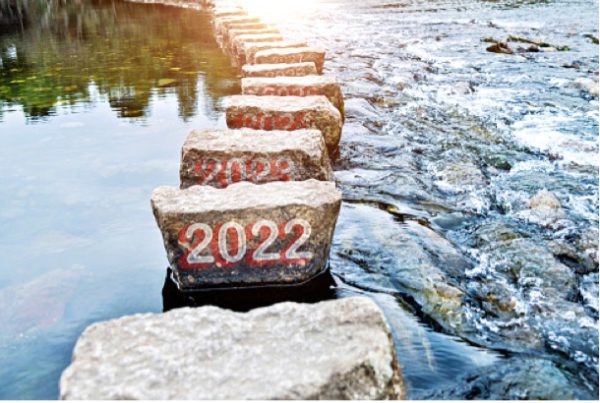News these days are filled with business closure decisions and the negative impact on the economy brought on by strict lockdowns. While such measures were adopted by many countries in an attempt to “flatten the curve” to avoid overwhelming the healthcare system and delay the spread of COVID-19, nobody would have been able to tell when the world would be able to see the light at the end of the pandemic tunnel.
But while the news raved on the negative impact of the pandemic on the economy, there are individuals and businesses around the world scrambling to become solution-finders and creators to the sudden change. And some solutions developed pre-COVID-19 pandemic are lighting the pathway to a “new normal” for the world.
Below are some examples of innovations that has been happening around the world since the onset of the pandemic. Be it social innovators inspired to do their part for their community or scientists developing complicated pieces of technology to address the challenges faced, these people have played a part in making the world better in their own ways.
Hands-free 3D-Printed Door Opener
Knowing that door knobs and levers are germ-infested, a Belgian company Materialise decided to release free design files to be downloaded and used by the public. Two plastic plates can be fastened together easily with screws without the need to drill a hole.
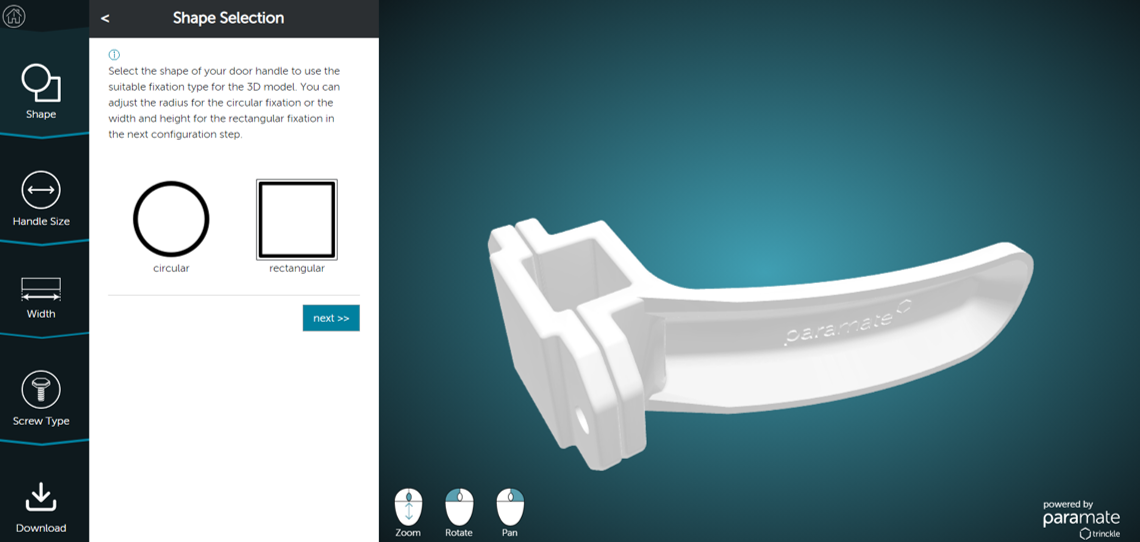
As all door knobs and levers are different, customization is made easy for users. Powered by Trinckle, users could adjust the height, size, type of screws to be used. One could even customize the shape of the handle, whether it is round or rectangle.
NIH certified 3D-Printed Mask
Maker Mask is a free, 3D printable respirator mask that became the first to receive National Institutes of Health certification for COVID-19 response, designed by Rory Larson, It is a non-profit, for humanitarian initiative aimed at enabling communities to have a big impact oncritical needs during the COVID-19 pandemic.
Due to the shortage of masks during the onset of the pandemic, this mask provided a solution. This item could be built using a hobbyist-grade 3D machine, has a replaceable HEPA filter and costs only about US$2 – 3 a piece. The mask could be used by first responders (e.g. firefighters, rescue workers, police etc) with the exception of use in medical facilities.
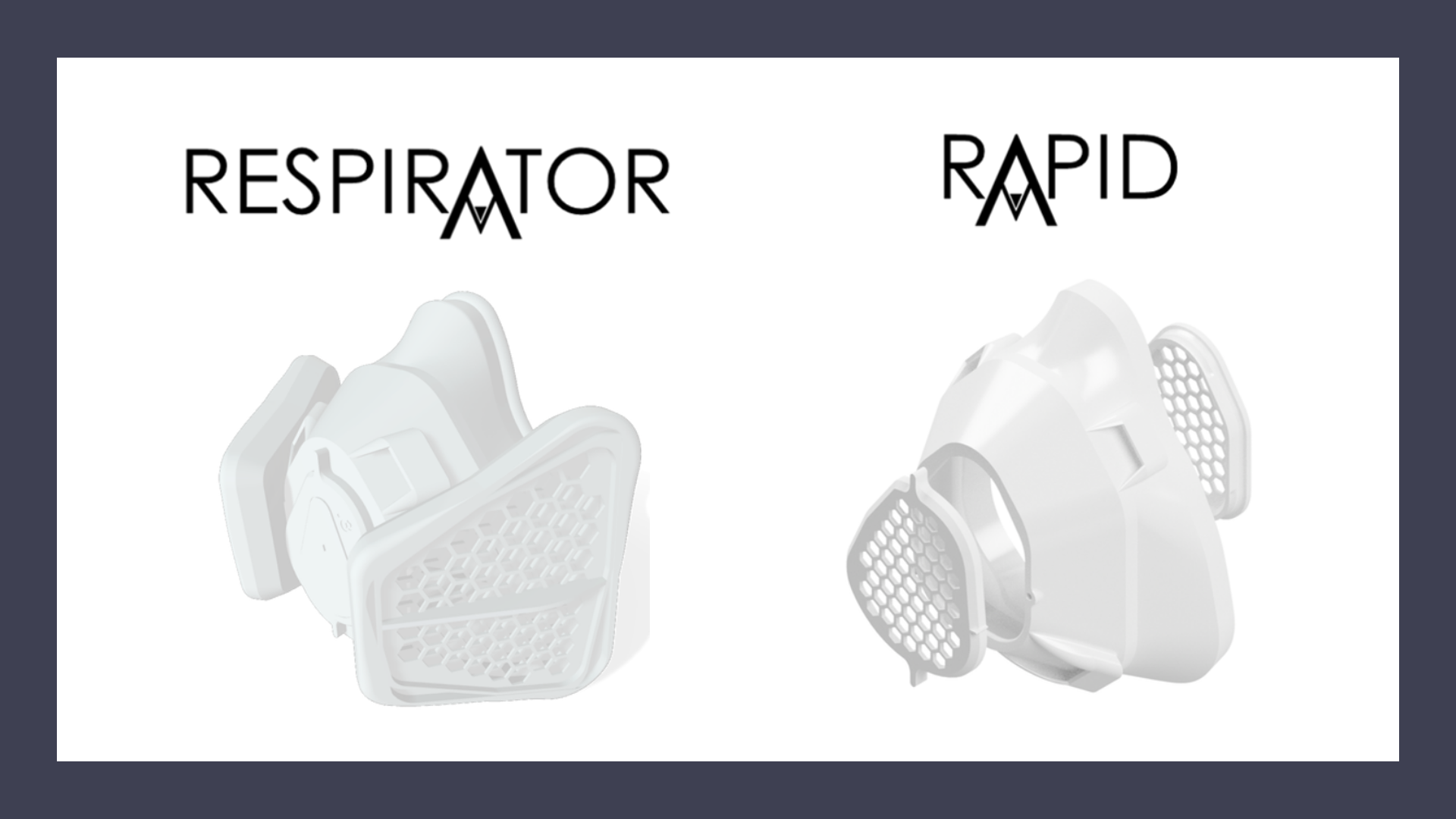
Unmanned Bento Booths in Tokyo
In Japan, buying lunch boxes are a daily affair for busy employees. Some restaurants would operate through a small window or set up a small table outside the restaurant to offer take-away meals, neatly decorated to further entice their prospective customers. But now, people are trying to limit having contact with strangers.
Understanding the changing needs, Azuma Catering, a B2B catering services decided to pioneer the opening of unmanned bento shops across Tokyo. Harnessing the strength of NFC technology in Japan, a new service by the name of Obento-Pit was created. . Now individuals can purchase their lunchboxes, pay via the Azuma Bento app and pick them up at the store without needing to wait to be served by an employee. For Azuma, the benefit is that they can now sell to a whole new market (individuals) without much added costs.
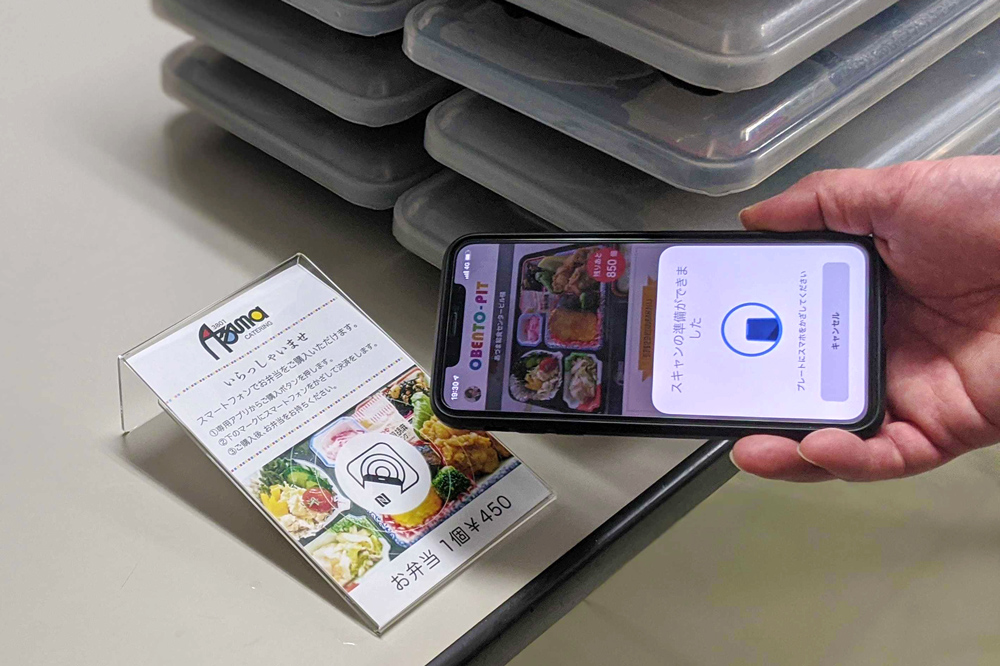
“Lightsaber” Robots Sterilizing Hospitals
The thought of having to clean hospitals during the pandemic might send shivers down one’s spine. But this problem is not new, as hospitals had been battling with hospital-acquired infections that is not only costly to treat, but also had been causing the loss of lives over the years. Enter Blue Ocean Robotics, a Danish robotics company with specialization in disinfecting hospitals.
Imagine a robot with a self-driving machine and 8 “lightsabers” mounted, the UVD Robot emits UV-C ultraviolet to eliminate bacteria, viruses, microbes, and other harmful organisms without utilizing chemicals. While the UVD Robot was first launched early 2019 prior to the pandemic, the relevance and need for such technology is seeing increase in demand during the pandemic.

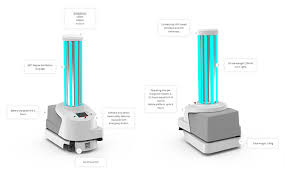
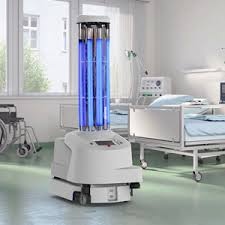
SunCrafter
Over in Berlin, a cleantech startup SunCrafter won first prize at #TheGlobalHack challenge organized by the UN and EU commission. And their idea was to create a solar powered Light-Disinfectant.
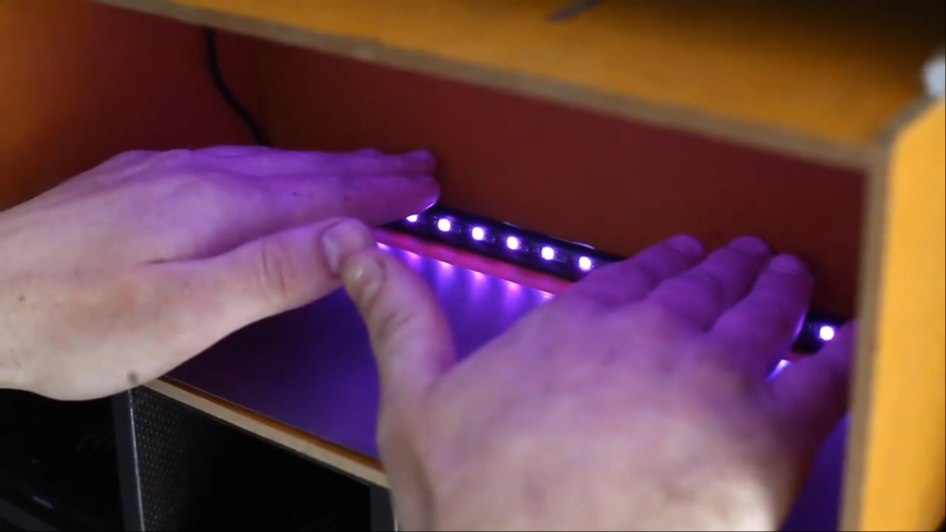
The company builds off-grid solar solution from decommissioned solar panels. During the challenge, the team found that UV-C has been proven as an effective in disinfecting viruses, safe on the human skin as well as eye contact. They also realized that they could create a portable hand disinfectant station by combining 5 UV-C disinfection lamps into the station.
The Benefits of Innovation
Innovation is vital to the survivability and sustainability of mankind. In fact, innovation is not new, humans have been innovating ever since history was recorded. Without innovation, the comfort and enjoyment we have always had in our lives would probably just remain someone’s dream, buried centuries before proper sewerage system was created.
Innovation and creativity shine the brightest when times are tough and resources are scarce. And probably, that is where the hope in humanity resides in. No matter the scale of impact, the effort and energy could further inspire others to contribute.
It should not take a pandemic for people to appreciate the benefits of innovation. Rather, innovation should be inculcated in the DNA of learning. But the challenge is for people to embrace change and to be comfortable with new things. Probably the next question should be, how ready are we to embrace change?
Cover image by Johannes Plenio via Unsplash








